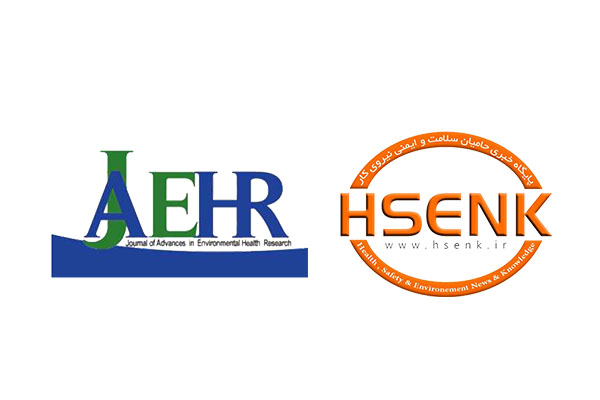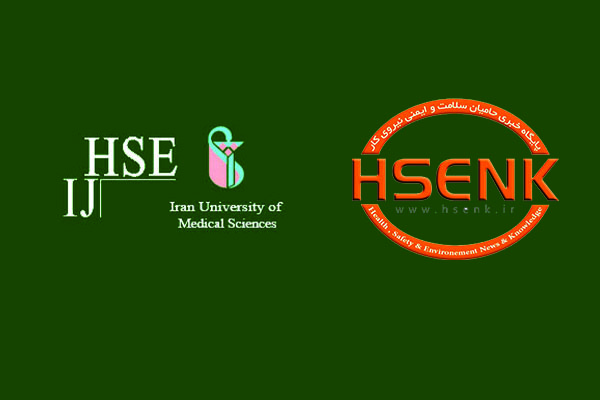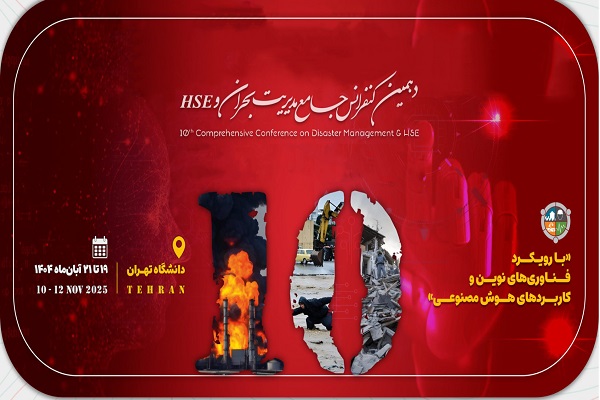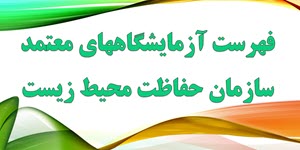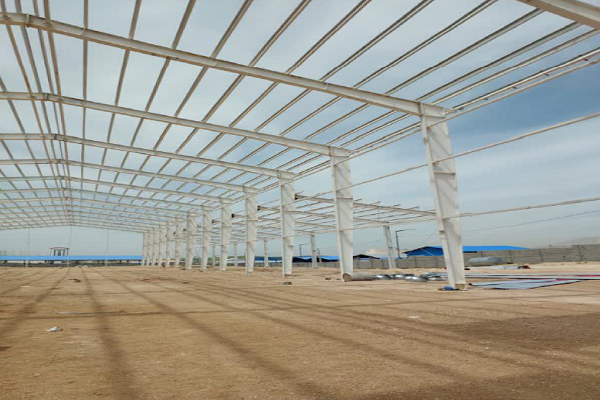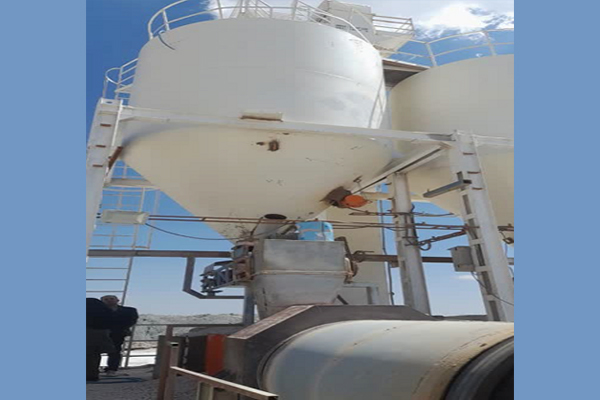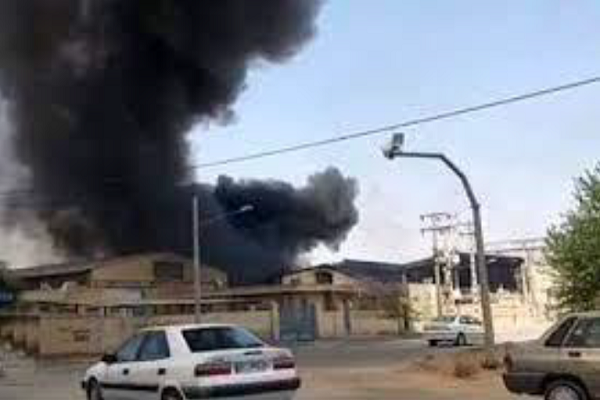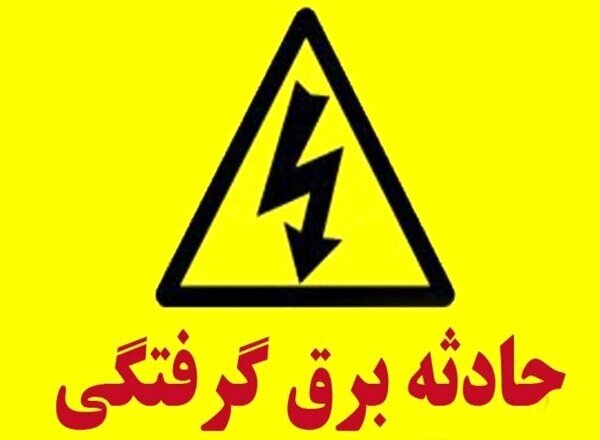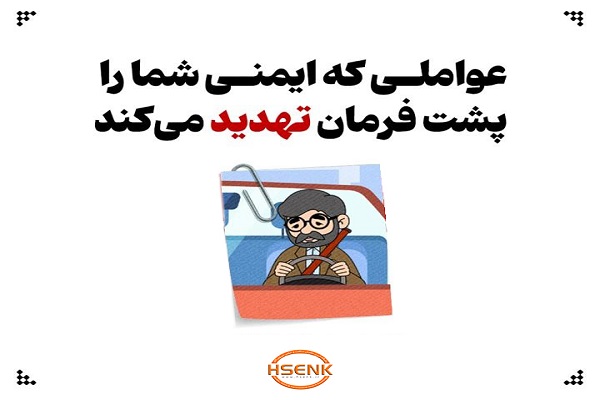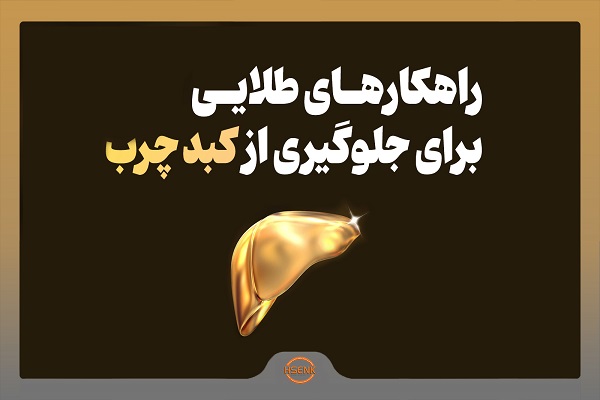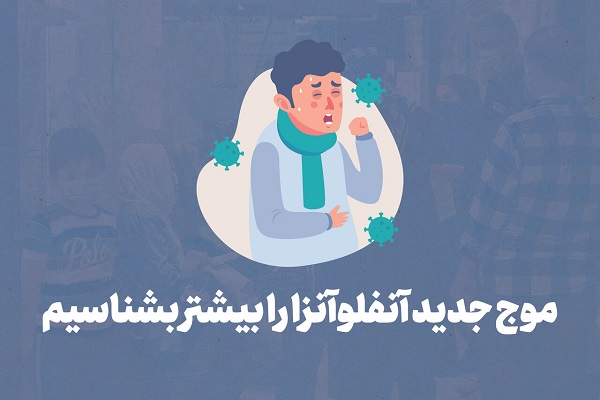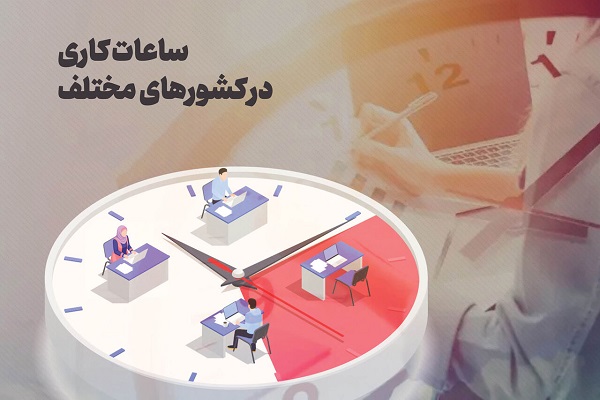آخرین خبرها
 سفرههای خالی ۶۰۰ معدنکار در دالانهای «همکار»/ شرمنده زن و بچه هستیم!
سفرههای خالی ۶۰۰ معدنکار در دالانهای «همکار»/ شرمنده زن و بچه هستیم!
 حداقل حقوق بازنشستگان ۱۴ میلیون و ۴۰ هزار تومان شد/ سقف پاداش پایان خدمت ۷۵۰ میلیون تومان
حداقل حقوق بازنشستگان ۱۴ میلیون و ۴۰ هزار تومان شد/ سقف پاداش پایان خدمت ۷۵۰ میلیون تومان
 مرگ کارگر روستایی بر اثر سقوط از ارتفاع در گرگان/ «یاسر توسلی» فقط ۲۵ سال داشت
مرگ کارگر روستایی بر اثر سقوط از ارتفاع در گرگان/ «یاسر توسلی» فقط ۲۵ سال داشت
 شیوع ویروس آنفلونزای نوع جدید تا اردیبهشت ماه آینده ادامه دارد
شیوع ویروس آنفلونزای نوع جدید تا اردیبهشت ماه آینده ادامه دارد
 آب در ایران مساله اول نیست/ در پایتخت، شبکههای لولهکشی با بیش از ۸۰ سال عمر داریم
آب در ایران مساله اول نیست/ در پایتخت، شبکههای لولهکشی با بیش از ۸۰ سال عمر داریم
 بررسی مشکلات بازنشستگان فولاد اصفهان با حضور معاون وزیر کار
بررسی مشکلات بازنشستگان فولاد اصفهان با حضور معاون وزیر کار
Iran
Spatial epidemiology and pattern analysis of childhood cancers in Tehran, Iran
Identification of cancer clusters may have an important value to the study of disease etiology in cancer surveillance. We aimed to determine the spatial pattern of childhood cancer cases (CCCs) from 2007 to 2009 in Tehran, Iran. Records of 176 childhood cancer counts (children younger than 15 years old) for 2007-2009 were obtained from Iran’s Ministry of Health and Medical Education.
Species Composition and Seasonal Activity of Phlebotomine sand flies (Diptera: Psychodidae) in Paveh County, West of Iran
Phlebotomine sand flies are biological vectors of leishmaniasis in Iran and many other countries. In order to determine fauna and seasonal activity of sand flies, an investigation was carried out in Paveh County, Kermanshah Province, west of Iran.
Can Emotional Intelligence be Used as a Tool to Control Occupational Accidents?Case Study in an Iranian Industry
Nowadays, in order to attain safety at workplaces, we must consider two factors: ethical adolescence and emotional intelligence. Emotional intelligence helps people to learn about regulations, experiences and revelation of emotions. This study aimed to survey the relationship between emotional intelligence (EI) with occupational accident in a publication industry, in 2014. In a cross-sectional study, all operational employees (n=98) working at a publication industry were included.
Bacteria of Phlebotominae Sand Flies Collected in Western Iran
Microorganisms particularly bacteria presenting in insects such as Phlebotominae may play an important role in the epidemiology of human infectious disease. Nowadays, because of vector implications, the routine methods of controlling and spraying have no more beneficial effects on vectors and reservoirs. Little knows about the prevalence and diversity of sand fly bacteria. The main objective of this study was to determine the presence of bacteria of phlebotominae sand flies collected in Hamadan, west of Iran. This information is important in order to development of vector control strategies.
A Randomized Trial to Compare Topical MJ1 with Routine Care for the Treatment of Cutaneous Leishmaniasis
The objective of this study was to assess the relative efficacy and tolerability of topical MJ1 compared to routine care in the treatment of histologically proven CL. A total of 150 patients with 297 lesions were randomly allocated to receive either topical MJ1 agent as a paste to applied to the lesions without cover three times a day for 20 days or routine care (intramuscular injection of meglumine antimonate 20 mg/kg/day for 2 weeks or intralesional 0.5-1 cc for a total of four injection with one week interval).
Environmental Risk Assessment of Selected Antibiotics in Iran
In recent years the increasing use of pharmaceuticals and personal-care products (PPCPs), especially antibiotics, has become a particular concern because of their undesirable potential ecological and human health effects. This study presents an environmental risk assessment for the aquatic environment of some frequently used antibiotics in Iran in three stages including; a short literature review about antibiotic consumption in Iran, a comprehensive estimation regarding acute toxicity of selected antibiotics and finally calculation of Risk Quotient (RQ) using the predicted environmental concentration (PEC) and the predicted no-effect concentration (PNEC).
Significance of authenticity in meat and meat products in Iran
The Authenticity of meat products is very important for religious and health reasons in Iran. According to legislation in Iran, the consumption and importation of pork, horse, donkey and cat products should be banned. Therefore, the identification of meat products cannot be judged solely by its appearance.

